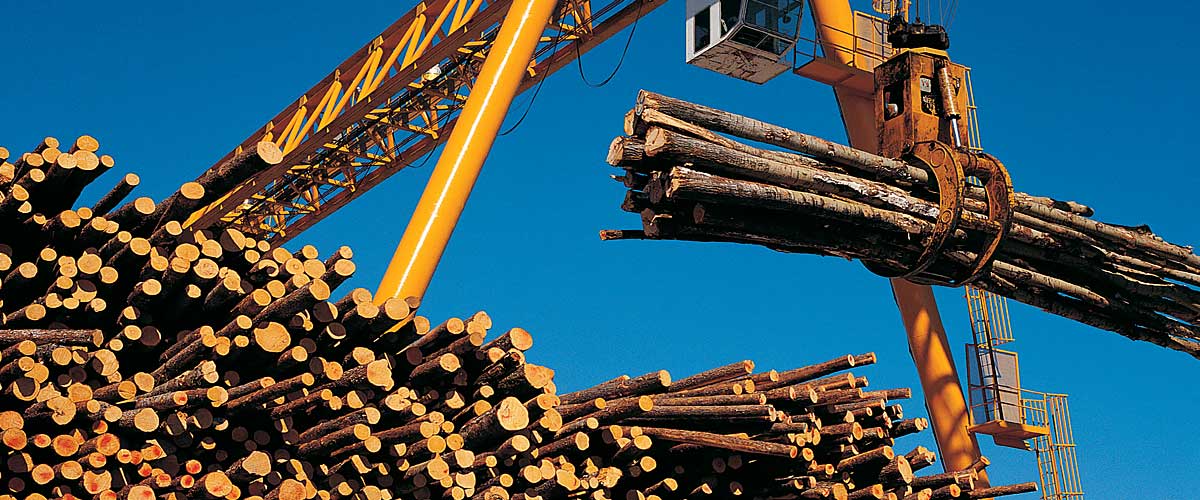Killing the Goose

A curious dilemma has emerged for the environmental community seeking to encourage companies to adopt sustainable production practices through the vehicle of market-based, voluntary certifications. Until this dilemma is resolved, it could drive the very companies who are engaged in the best practices away from participation in these certification programs.
The Voluntary Certification Paradigm
Voluntary certification schemes, particularly those such as the Forest Stewardship Council® (FSC®) with rigorous, stewardship-based normative standards, are largely the product of civil society and, particularly, environmental non-governmental organizations (ENGOs). Certification is seen as an alternative and more effective mechanism, compared to governmental regulations, for bringing about socially and environmentally responsible commercial behavior in targeted industries such as forest and wood products, fisheries, and agriculture. It is also viewed as giving voice to individuals and groups that typically have little influence on resource management decisions.

The certification concept is premised on the paradigm of recognizing and rewarding responsible performance through the marketplace, identifying entities that are prepared to operate “at the front of the parade” in their industry by minimizing adverse social and environmental impacts. Certification is the “carrot” (a reward for those willing to position, through verifiable performance, their organization at or near the front of the parade) compared to the “stick” of government regulation (the rules governing those entities allowed to be in the parade). Socially and environmentally appropriate commerce is realized when both are applied, in good measure.
Over the past 25 years, voluntary certification schemes have proliferated around the world, now engaging a wide range of commercial and industrial sectors. Commensurate effort has also been effectively focused on educating and encouraging actors in the supply chains—from origin of raw materials through to retail transactions—to prefer certified over non-certified products. By almost any measure, certification has exceeded the most optimistic expectations held by the early designers and proponents.
So, how is this golden egg-laying goose under threat?
While there are always ongoing threats to any voluntary, market-based mechanism, similar to the competitive realities that businesses face, there is a particular irony set into place by providing enhanced opportunities for stakeholder engagement. Within some certification schemes, such as FSC, a growing number of typically local activists are using stakeholder mechanisms to pursue narrow, disruptive agendas. In doing so, they are failing to “see the forest for the trees” – namely, that these certified entities are the good guys when looking at the big picture.

It is most notably growing in association with large entities that have, through their demonstrated performance, successfully achieved certification. Increasingly, large entities holding FSC forest management certifications are finding themselves repeatedly dealing with costly and time-consuming appeals and complaint procedures, manipulated by vexatious stakeholders, to a degree that can effectively offset any benefits realized from being certified.
FSC certification is sold to forest managers as a pathway to market-based rewards (e.g., access to markets, strengthened market share, green premiums) for those operations that can demonstrate conformance to the FSC standards through the auditing and certification process. For an increasing number of large certificate holders, certification has become more of a target painted on their backs than a seal of approval, leading to a fundamental questioning of the justification for achieving or maintaining certification.
It is time for the FSC leadership to take a fresh look at its stakeholder input, consultation and complaint procedures and to make sure that these procedures are not now on a pathway leading to “death of a thousand cuts” for a growing number of the scheme’s marquee certificate holders. Failure to do so could result in a growing loss of large forest management operations from the FSC fold. We look forward to participating in a constructive dialogue on this issue with the FSC, our certification body colleagues, and the trend-setting companies and entities who have led the industry in adopting the rigorous practices needed to achieve FSC certification.
For Inquiries or Comments: Contact us Today.
Robert J. Hrubes is Executive Vice President, Emeritus, of SCS Global Services. Dr. Hrubes is a registered professional forester and resource economist with over 35 years of professional experience in both the private and public sectors, and is an internationally recognized expert in natural resources management and environmental certification. He served on the formative FSC board in the early 1990s, and spearheaded SCS’ FSC certification program.
